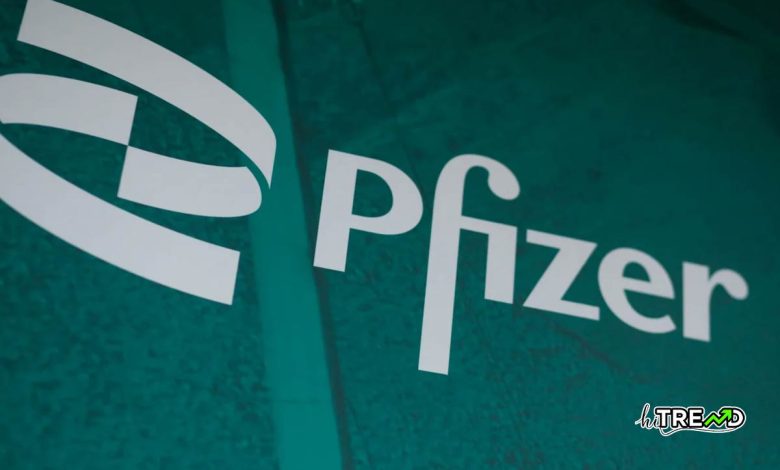Pfizer says its experimental drug for deadly condition that causes appetite and weight loss in cancer patients shows positive trial results

s experimental drug for a common, life-threatening condition that causes cancer patients to lose their appetite and weight showed positive results in a midstage trial, the drugmaker said Saturday.Pfizer says its experimental drug for deadly condition that causes appetite and weight loss in cancer patients shows positive trial results
Patients with the condition, called cancer cachexia,
who took Pfizer’s treatment saw improvements in body weight, muscle mass, quality of life and physical function, according to the drugmaker. The results could pave the way for the drug, a monoclonal antibody called ponsegromab, to become the first treatment approved in the U.S. specifically for cancer cachexia.
The condition affects about 9 million people worldwide, and 80% of cancer patients suffering from it are expected to die within one year of diagnosis, according to the company.
Patients with cancer cachexia don’t eat enough food to meet their body’s energy needs, causing significant fat and muscle loss and leaving them weak, fatigued and, in some cases, unable to perform daily activities. Cancer cachexia is currently defined as a loss of 5% or more body weight over the past six months in cancer patients, along with symptoms such as fatigue, according to the National Cancer Institute.Pfizer says its experimental drug for deadly condition that causes appetite and weight loss in cancer patients shows positive trial results
You can read more Business articles
The symptoms of the condition can make cancer treatments less effective and contribute to lower survival rates, Pfizer said.
“We would see ponsegromab fitting into
the treatment of cancer patients, really addressing that unmet need in cachexia, and through that, improving their wellness, their ability to care for themselves, and we would also hope their ability to tolerate more treatment,” Charlotte Allerton, Pfizer’s head of discovery and early development, told CNBC in an interview.
Pfizer has not disclosed the estimated revenue opportunity of the drug, which could potentially be approved for different uses.
The company presented the data Saturday at the European Society for Medical Oncology 2024 Congress, a cancer research conference held in Barcelona, Spain. The results were also published in The New England Journal of Medicine.
The phase two trial followed 187 people with non-small cell lung cancer, pancreatic cancer or colorectal cancer and high levels of a key driver of cachexia called growth differentiation factor 15, or GDF-15. It is a protein that binds to a certain receptor in the brain and has an impact on appetite, according to Allerton.
After 12 weeks, patients who took the highest dose of ponsegromab — 400 milligrams — saw a 5.6% increase in weight compared with those who received a placebo. Patients who took a 200-milligram or 100-milligram dose of the drug saw a roughly 3.5% and 2% increase in body weight, respectively, compared with the placebo group.
Allerton said a work group of experts defines a weight gain of greater than 5% as a “clinically meaningful difference in cancer patients with cachexia.” She added that the drug’s effect on other measures of wellness, such as increased appetite and physical activity, is “really what offers us the encouragement.”
Pfizer said it did not observe any significant side effects with the drug. Treatment-related side effects occurred in 8.9% of people taking a placebo and 7.7% of those who took Pfizer’s treatment, the company said.
The company said it is discussing late-stage development plans for the drug with regulators, and aims to start studies in 2025 that can be used to file for approval. Pfizer is also studying ponsegromab in a phase two trial in patients with heart failure, who can also suffer from cachexia.
Pfizer’s drug works by reducing the levels of GDF-15. Pfizer believes this can improve appetite and enable patients to maintain and gain weight.
“For most of us, we have low levels of GDF-15 in our tissues when we’re healthy, but we really do see this up regulation of GDF-15 in more of these chronic conditions, and in this case, cancer,” Allerton said.
Follow HiTrend on X





